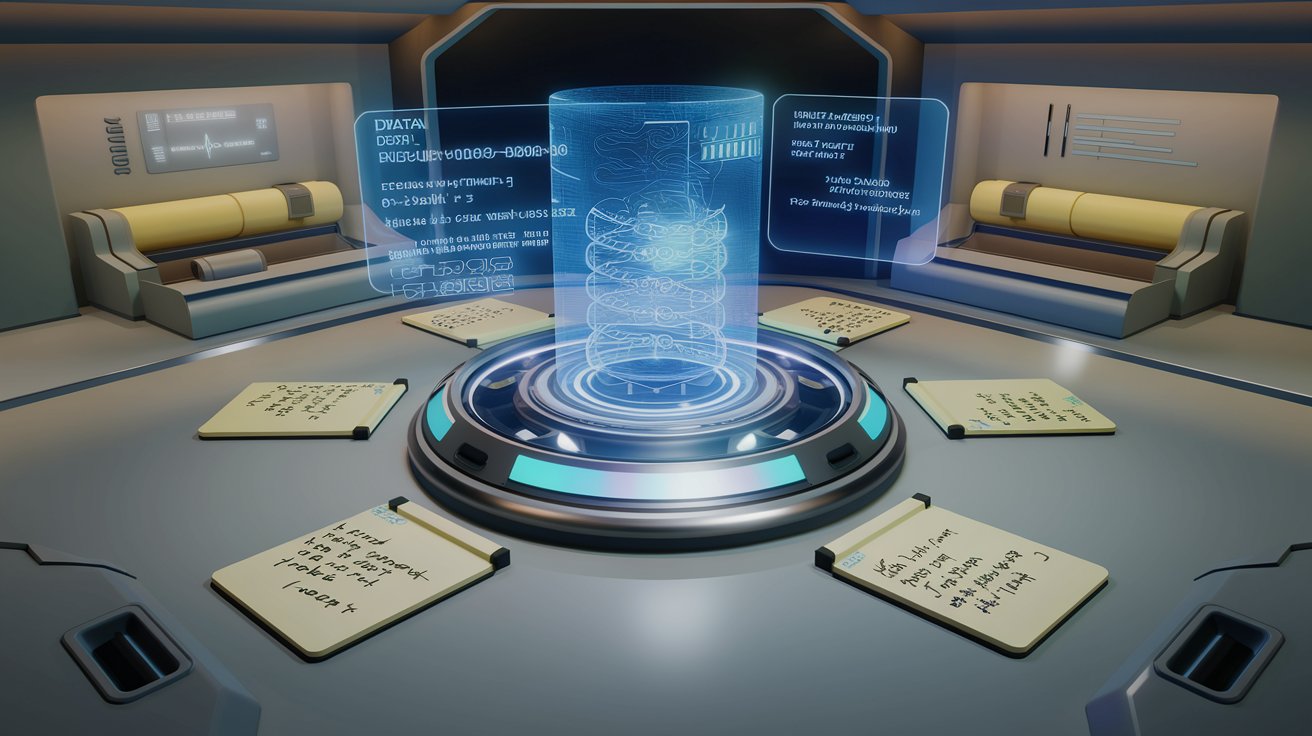At Conoted, we use text analysis algorithms and recommender systems to make working with notes as convenient and productive as possible. With ChatGPT, our users can automatically receive tag suggestions for their notes, and the recommender system helps find and associate notes with similar topics: tags, keywords, and phrases. Moreover, by analyzing contacts and their activity, we can suggest notes from the most relevant users.
How data analysis works in Conoted
1. Text analysis with ChatGPT: The system processes the content of notes and suggests relevant tags, which helps to structure information and improve navigation in the knowledge base.
2. Recommender system: This technology analyzes keywords, phrases, and tags in notes and suggests other notes with similar topics to users. It also studies users' contacts, interests, tag rank, and activity to recommend notes to the most interested users.
3. Contextual advertising: Similar to Gmail, in the future we plan to introduce advertising offers that will be targeted to the user based on an analysis of their interests, notes, and key phrases.
Data encryption and security
Since Conoted actively uses the analysis and processing of user data, we pay special attention to security and encryption issues. Our goal is to find a balance between personalization of services and maintaining data privacy.
Encryption in Conoted: how we protect data
1. Transit encryption (TLS): All data transmitted between the user's device and our servers is protected by the TLS protocol. This is the same level of protection that Gmail and other Google services use. TLS prevents data from being intercepted during transmission and ensures its confidentiality.
2. Data encryption on servers (AES-256): All data stored on our servers is encrypted using the AES-256 standard. This is the industry standard encryption used by banks and government agencies. It protects data from unauthorized access, even if someone tries to gain physical access to the servers.
3. Data access control: Access to data is limited and granted only to automated systems required for the analysis and recommendation functions. No employees have access to the content of user notes.
4. Encryption at the analysis and recommendation level: Our analysis and recommendation algorithms work on encrypted data. The system uses encryption at the keyword and phrase level, which allows you to extract useful information without having to decrypt the entire note. This is a compromise solution that protects data and allows you to use the analysis functionality at the same time.
Encryption and personalization: how to ensure security
When using technologies such as contextual advertising and interest-based recommendations, it is especially important to maintain a high level of data security. We are exploring the following methods:
- Data anonymization: Before analyzing data for recommendations and advertising, it will be anonymized. This means that the information will be de-identified and individual users will not be able to be identified directly.
- Key data encryption: Even during the analysis, all key data remains encrypted. This allows processing without compromising user privacy.
- Data minimization: We only use the data that is necessary for a specific task. This limits the amount of information that the system analyzes and reduces risks.
Conclusion
Using encryption similar to that used in Gmail and other Google services allows us to provide a high level of data protection while maintaining the functionality of analysis and personalization. This gives our users confidence in the security of their notes and allows them to get the most out of Conoted for working with information, collaborating, and learning.
